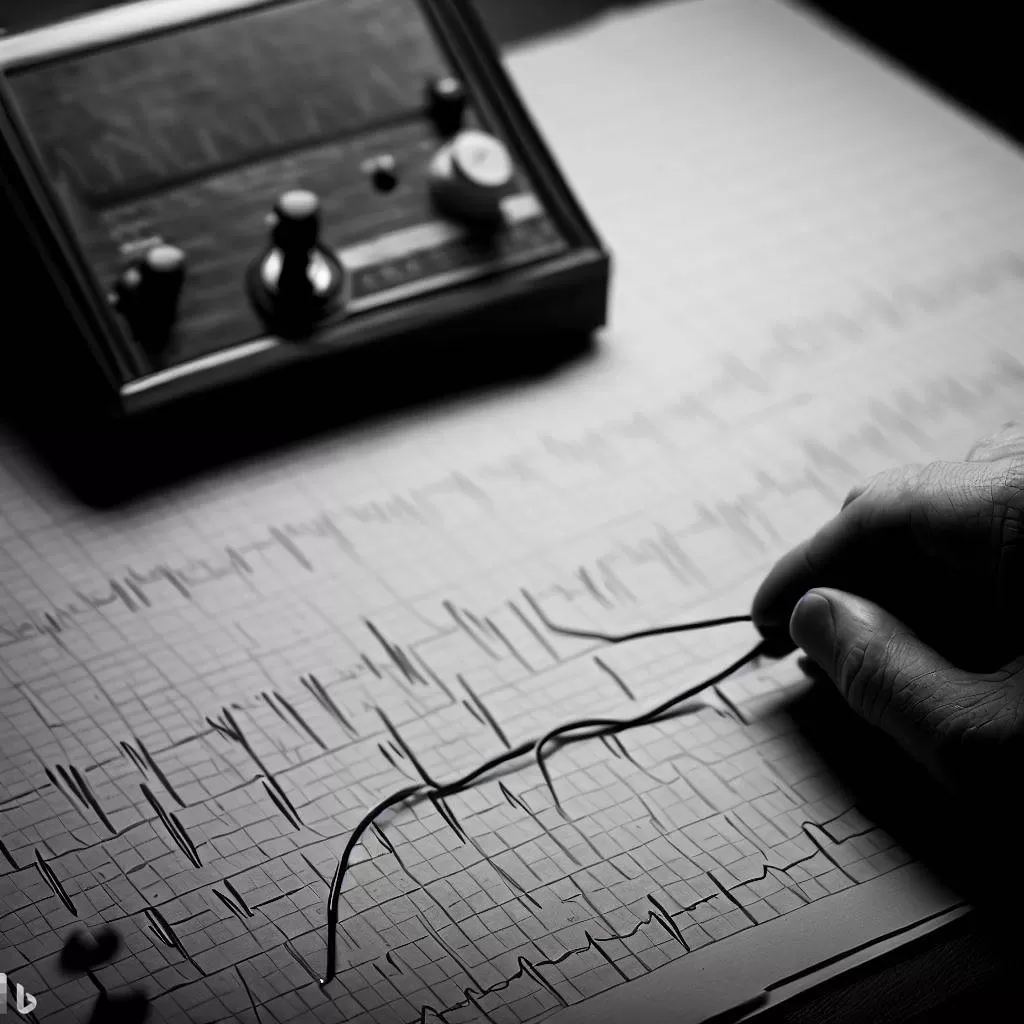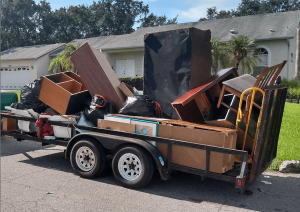
The moral behavior of the polygraph’s administrators determines its integrity. Unethical behavior by polygraph examiners compromises not just the validity of their assessments but also public confidence in the field of work generally. Maintaining field standards in lie detection depends on reporting unethical activity. The need for confronting unethical behavior among polygraph operators is investigated in this paper. Authorities urge anyone aware of deceptive testing services to Report Fraudulent Polygraph Practices immediately.
Preserving the integrity of the profession
Reporting unethical polygraph operators mostly serves to uphold the integrity of the field by means of protection. A sensitive field requiring a great degree of professionalism and ethical requirements is polygraph testing. Administrators who operate unethically—that is, through subject coercion, outcome manipulation, or misrepresentation of qualifications—tarnish the reputation of every practitioner in the profession. Reporting such activity will enable people to help preserve the criteria required for preserving confidence in polygraph testing.
Guaranteeing Correct Findings
Unethical behavior by polygraph operators might provide erroneous test results, which would have major effects for the implicated people. A corrupted polygraph exam could wrongly accuse someone of dishonesty, therefore influencing their legal status, job prospects, or personal relationships. On the other hand, it might let a guilty party avoid responsibility. Ensuring that polygraph tests are carried out with honesty depends on reporting unethical activity, which finally helps to provide more consistent and accurate results.

Encouragement of Responsibility
Reporting corrupt officials helps the polygraph community to develop responsibility. Reported unethical activity makes it quite evident that such behavior will not be accepted. Knowing that their acts will be under close examination, this motivates all examiners to follow ethical policies and best standards. The legitimacy of the polygraph profession depends on a professional environment that stresses ethical behavior, so a dedication to responsibility helps create such an environment.
Safeguarding Weak People
Those undergoing polygraph testing can find themselves in vulnerable positions. They might be under personal scrutiny, have legal problems, or suffer employment ramifications. Using this weakness, unethical officials can control the testing process to serve their own purposes. Reporting unethical activity lets people help guard others against possible injury or exploitation. This campaigning not only helps the victims but also strengthens the necessity of moral guidelines in the sector.
Maintaining the integrity of the profession, guaranteeing correct findings, supporting responsibility, safeguarding vulnerable people, and providing professional development encouragement depend on reporting unethical polygraph operators. Those who act against unethical behavior help to create a more reliable and trustworthy polygraph testing environment. Individuals are encouraged to Report Fraudulent Polygraph Practices to protect the industry’s integrity and assist regulatory efforts.








